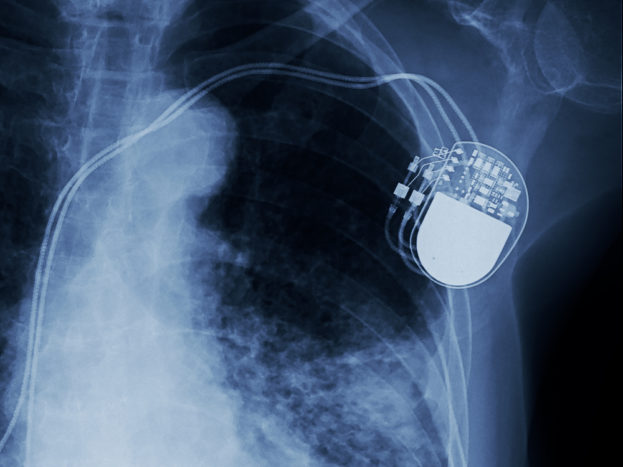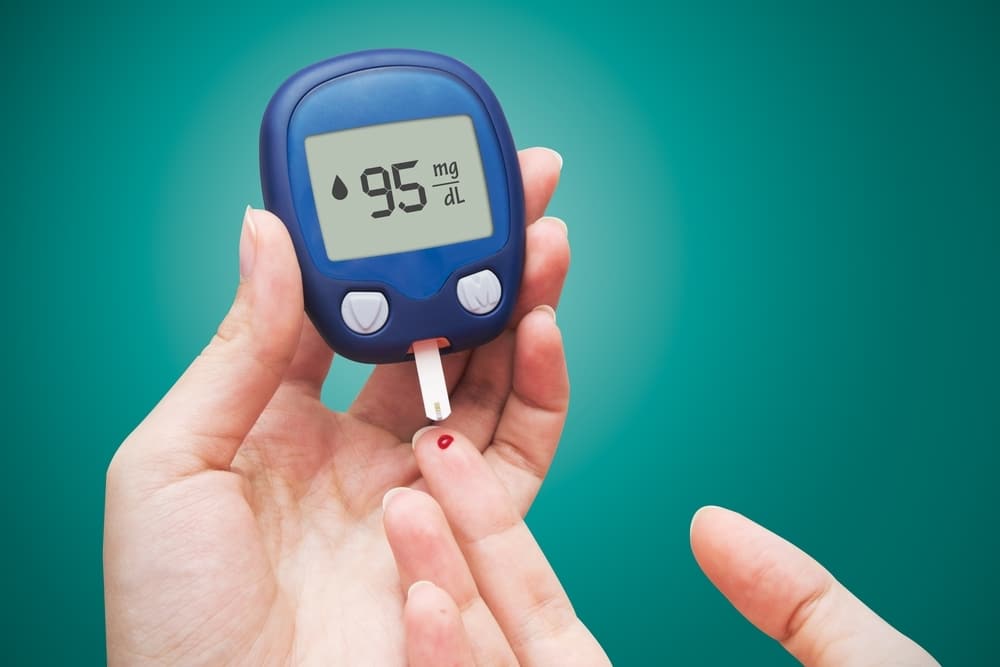Contents:
- Medical Video: 5 Common Signs of Heart Disease
- What are the options for treating heart failure?
- 1. Take medicines
- 2. Heart bypass surgery
- 3. Heart valve repair or replacement surgery
- 4. Ventricular assist devices (VAD)
- 5. Heart transplant
Medical Video: 5 Common Signs of Heart Disease
Heart failure is one of several heart problems characterized by decreased heart function. The heart cannot pump blood optimally throughout the body. But not to worry, with the right treatment of heart failure can help maintain a healthy body while extending the life expectancy of sufferers.
What are the options for treating heart failure?
Heart failure is arguably a chronic disease that requires lifelong care. Healthier lifestyle changes are indeed considered to be able to help improve symptoms, but must still be accompanied by various treatments for heart failure to stabilize the heart condition and overall body health.
Various options for treating heart failure, such as:
1. Take medicines
Overall, drugs will be tasked with controlling symptoms and maximizing the work of the heart to pump blood. The doctor will prescribe the type of medication depending on the symptoms you experience, including:
- Angiotensin-converting enzyme (ACE) inhibitors: to dilate blood vessels, reduce blood pressure, and improve blood flow so as to reduce the workload of the heart.
- Angiotensin II receptor blockers: the benefits are not much different from ACE inhibitors, usually used as an alternative for patients who cannot take ACE inhibitors.
- Beta blockers: can improve abnormal heart rate, reduce blood pressure, and reduce heart damage.
- Diuretic pills: can reduce the buildup of abnormal fluid in the body.
- Aldosterone antagonists: a kind of diuretic drug that does not drain calcium in the body, but can help people with severe systolic heart failure.
- Inotropic: includes drugs given intravenously to people with severe heart failure, to improve heart function and stabilize blood pressure.
- Digoxin: can increase the strength of the heart muscle while reducing symptoms of heart failure in patients with systolic heart failure. This drug can also be given to people who have problems with heart rhythms, such as atrial fibrillation.
You may need one or more types of medication to improve the condition. Giving other drugs, such as to relieve chest pain, reduce cholesterol, and prevent blood clots, can be given by the doctor along with medication for heart failure.
2. Heart bypass surgery
Heart bypass surgery is usually more intended for those who experience coronary heart disease, due to the narrowing of the arteries that are responsible for supplying oxygen to the heart. When this blocked artery leads to heart failure, the doctor will recommend heart bypass surgery.
This procedure utilizes blood vessels from other parts of the body as a new shortcut to the blocked artery, to drain blood back to the heart.
3. Heart valve repair or replacement surgery
If the damaged heart valve has the potential to cause heart failure, the treatment option that must be done is to repair the heart valve. Valve repair can be done by reconnecting a damaged valve, or removing excess valve tissue so that it can be completely closed.
While heart valve replacement is done when it is not possible to replace the valve. In this procedure, the damaged valve is replaced with an artificial valve.
4. Ventricular assist devices (VAD)
VAD is a tool used to prevent severe heart failure. VAD is an implant pump that is implanted in the stomach or chest, with the role of pumping blood from the lower heart space (ventricles) throughout the body.
VAD can also be used as an alternative for patients with severe heart failure who do not qualify for a heart transplant.
5. Heart transplant
Heart transplantation is usually the last choice for people with serious heart failure, when the drug is consumed, it cannot help recovery. On the other hand, heart transplants are believed to improve the quality of life for people with heart failure.
But not in a fast process, the patient still has to be patient waiting for the appropriate heart donor to arrive. It is important to remember that heart transplants are not a method of treating heart failure that can be used by everyone. This will be adjusted again to health conditions, symptoms of the disease, and its benefits to your body.

















